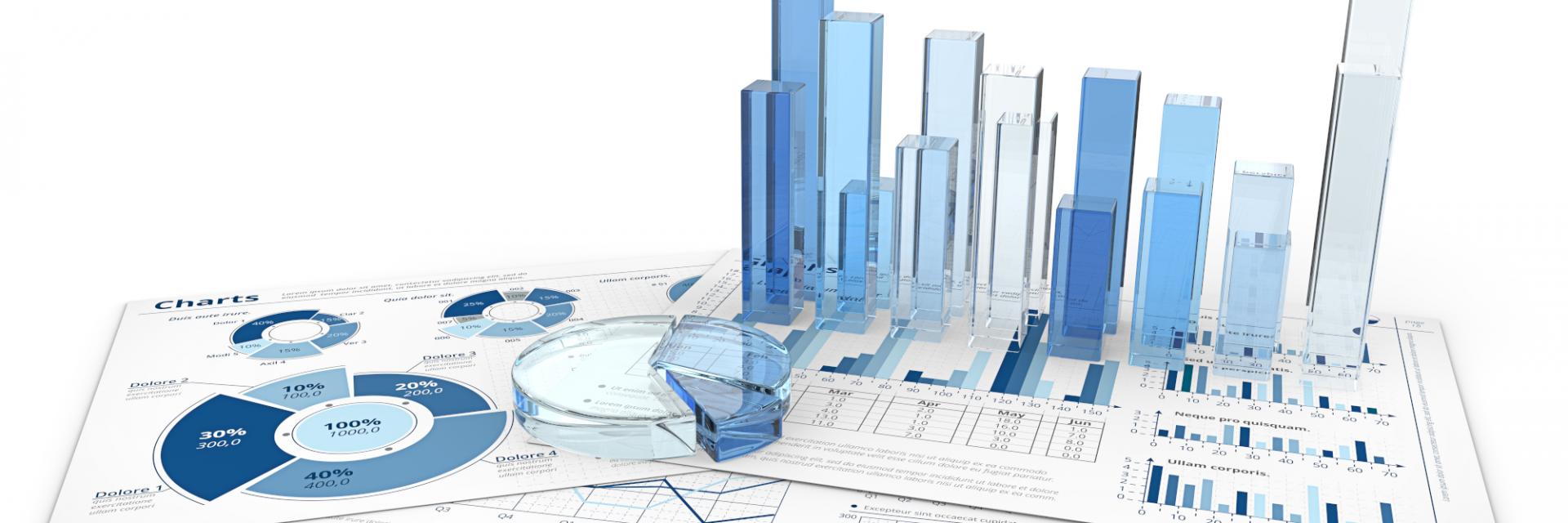Addis Ababa, 23 October 2022 (ECA) - Macroeconomic data experts have stressed the need for concerted data coordination and the need to have data collected by statisticians, in order to ensure countries are generating and disseminating high quality data to achieve structural transformation. This was the conclusion of a side event outlining the urgent needs faced by countries to ensure high-quality data supply.
Hosted by the ECA’s Macroeconomics and Governance Division (MGD), the event was held on the margins of the Eighth Statistical Commission for Africa (StatCom-Africa-VIII) taking place from 24-26 October on the broader topic of “Modernizing data ecosystem in Africa to support regional integration. The side-event’s focus was underpinned by the growing and urgent need for timely accurate, complete, reliable and relevant data and statistics to inform policy, which remains a significant challenge across Africa.
Presenting the challenges and consequences related to the lack of data, Ms Atkeyelsh Persson, Economic Affairs Officer at the Macroeconomics and Governance Division (MGD) stressed the need for high-quality data to achieve structural transformation and inclusive growth. This, she noted, is a key focus of MGD, which aims to serve member states through strengthened and effective development planning, macroeconomic policy analysis, and enhanced public sector financial management and economic governance.
She noted that the Division faces challenges in the area of data quality, in terms of its availability, timeliness, completeness, consistency, and accuracy. These challenges hinder its support to member states, such as in the area of macroeconomic modelling, development planning and reporting, and measuring illicit financial flows (IFF). For instance, incomplete and inconsistent data results in biased estimation in macroeconomic modelling. “Our aim, stressed Ms Persson, “is to continue to strive for data quality and support countries in order to resolve these challenges.”
Jairo Arrow, Official Statistics Expert, former Deputy Director-General of Statistics in South Africa and Vice President of International Association of Survey Statisticians spoke about modernising data ecosystems and quality statistics. He drew from his rich experience in and compared the production of statistics to building a house, in which sampling frames correspond to foundations, surveys and censuses to pillars, national accounts to roof, and policy outcomes to flagpoles for assessment of poverty and inequality, economic growth, unemployment.
“Regular maintenance and constant consultation with users on data adequacies and gaps are required,” he stressed. He noted that poor quality statistics could lead to disastrous consequences.
Member states shared experiences and lessons learnt, with Rwanda informing the meeting on the country’s advancements in computerization for data collection and big data techniques.
In addition, the importance of sound methodologies was stressed during the discussion as is the need to improve the national statistics ecosystem and create favourable conditions for improving methodologies in local contexts. Furthermore, participants reiterated the need to value the role of statisticians and census-takers and stressed the importance of coordination and communication as the foundation for availing high-quality data.
For his part, Joseph Atta-Mensah, Principal Economic Affairs Officer of the Macroeconomics and Governance Division, stressed the need for quality data as a means for controlling the narrative on sustainable development. “Proper legislation and enforcement are also needed in ensuring high quality data supply,” he said and also stressed the importance of political will and leadership for the use of data in policy and decision-making.
-Ends-
Issued by:
Communications Section
Economic Commission for Africa
PO Box 3001
Addis Ababa
Ethiopia
Tel: +251 11 551 5826
E-mail: eca-info@un.org

